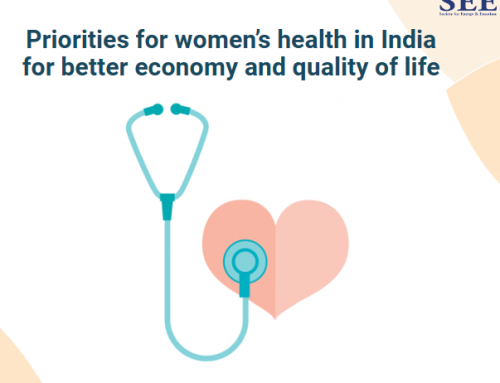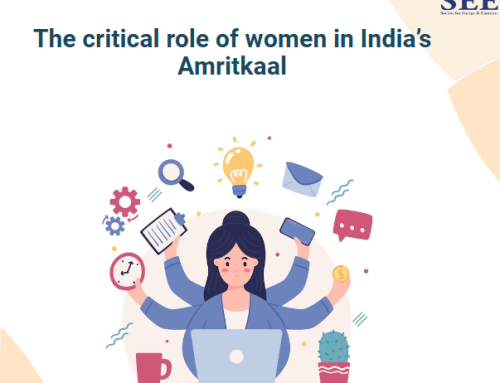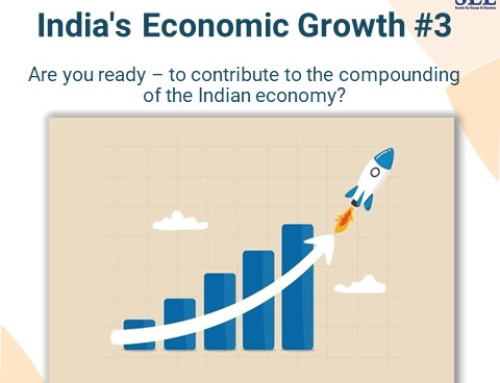What creates an “inner child” and increase the risk of long term health consequences?
What creates an “Inner Child” ?
Catastrophic Inner Child events, termed as Adverse Childhood Experiences (ACE) – are potentially traumatic experiences that occur in childhood (0-17 years) such as experiencing violence, abuse, or neglect; witnessing violence in the home; and having a family member attempt or die by suicide.
The definition also included are aspects of the child’s environment that can reduce their sense of safety, stability, and bonding such as growing up in a household with substance misuse, mental health problems, or instability due to parental separation or other member of the household [1]. ACE-Q is one such tool to measure such events and there is lot of scientific evidence linking adverse childhood events to long term health implications [2].
Is there scientific evidence on mind-body implications of adverse “Inner Child” experiences?
Nearly two decades of research on Adverse Childhood Experiences (based on ACE-Q questionnaire) has identified a significant correlation between (a) detrimental childhood experiences and (b) their secondary effects on brain development and parenting behaviour as key root causes of overall disease burden and mortality in general population [2] [3] [4].
Figure Source: https://www.70-30.org.uk/infographics/
Check out some details here !!
- A study of 15,000 adults examined over 7 years indicated that prescription rates for psychotropic medications increased yearly and in graded fashion as the ACE score (that is number of adverse childhood experiences) increased. The ACE score >=5 was linked with increased likelihood of being prescribed anti-depression, anxiety, anti psychotic or mood stabilising medications.
- In a sample of more than 17,000 respondents (with 6.8% reporting history of liver disease), an ACE score >=6 was associated with an elevated risk of engaging in multiple behaviours which are major risk factors for liver disease and even after controlling the behaviours, the elevated ACE scores still produced an odds ratio of 1.8 for having a liver disease ! Similar data for chronic obstructive pulmonary disease (COPD) indicated an odds ratio of 2.1 for ACE-Q score >=5 in a sample of more than 15,000 individuals who participated in the study.
- There is similar data (#1 and 2 above) for many other disease conditions !!
At Society for Energy & Emotions, we study such situations and identify the risk associated with adverse “Inner Child Events” and the problems faced (either visible and articulated by the individuals or in some case not visible and also not articulated by the individual). The Module 3 of the Regression Therapy & Life Coaching Certification focuses entirely on this topic. Our therapy work using regression therapy (current or past life regression), NLP, hypnotherapy and sound healing also works with such individuals to understand the extent of inner child trauma and address the emotional charge associated with it so that the long term implications on the mind and the body can be reduced or eliminated.
 Figure: Long term implications of ACE (traumatic Inner Child experiences). Reproduced with permission from CDC [1]
Figure: Long term implications of ACE (traumatic Inner Child experiences). Reproduced with permission from CDC [1]
You can read the sources below for further details or listen to our video about module 3 (Healing the Child Within).
Gunjan Y Trivedi
Sources:
[1] Center for Disease Control and Prevention Website
[2] Center for Youth Welllness Website: https://centerforyouthwellness.org/aceq-pdf/
[3] The adverse childhood experiences questionnaire: Two decades of research on childhood trauma as a primary cause of adult mental illness, addiction, and medical diseases, Emily M. Zarse, Mallory R. Neff, Rachel Yoder, Leslie Hulvershorn, Joanna E. Chambers & R. Andrew Chambers, Cogent Medicine (2019), 6: 1581447.
[4] WHO website: https://www.who.int/violence_injury_prevention/violence/activities/adverse_childhood_experiences/en/







